In a world dominated by dating apps and swiping left or right, an ancient tradition of matchmaking has found its way back into the hearts of singles searching for love.
Indian matchmaking — a practice that has long been a cornerstone of culture — is enjoying a modern renaissance with singles seeking connections rooted in shared values and cultural heritage.
Ballarat taxi business owner Kanav Gupta turned to the age-old tradition to find love again after heartbreak left him a single father.
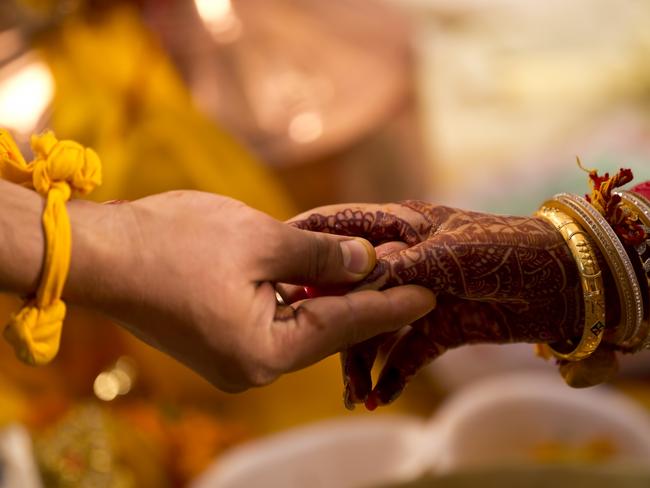
Mr Gupta, who moved to Australia with his wife and infant son, saw his 13-year marriage crumble when his wife left him for a younger man.
Left to care for his toddler alone, he was determined to rebuild his life with a partner who could embrace his past and share his dreams for the future.
After finding little success on dating apps, Mr Gupta sought help from an Indian matchmaker — a decision he said brought “security and cultural compatibility” to his search.
“The apps felt unreliable. You don’t know if the person behind the screen is even real,” he said.
“With a matchmaker, there’s a level of trust because they’ve already filtered out who’s serious and who isn’t.”
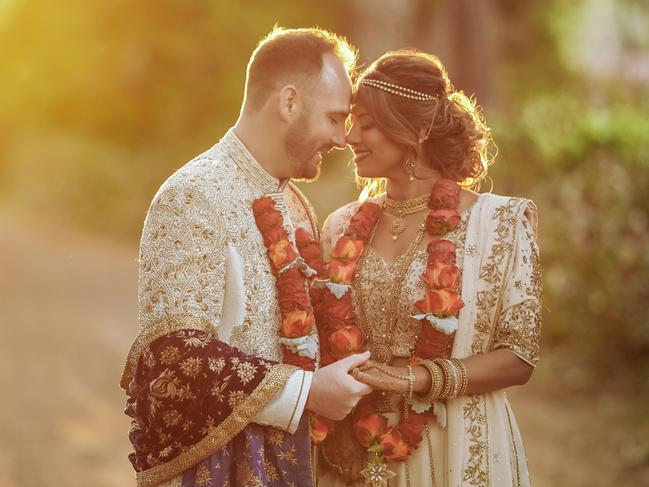
It wasn’t long before his matchmaker introduced him to his now-wife of two years and despite differing religious backgrounds, their shared values sealed the connection.
Mr Gupta said Indian matchmaking was more than just a way to find a life partner — for him, it was a way to ensure his family’s future aligned with his values and hopes for a stable, loving relationship.
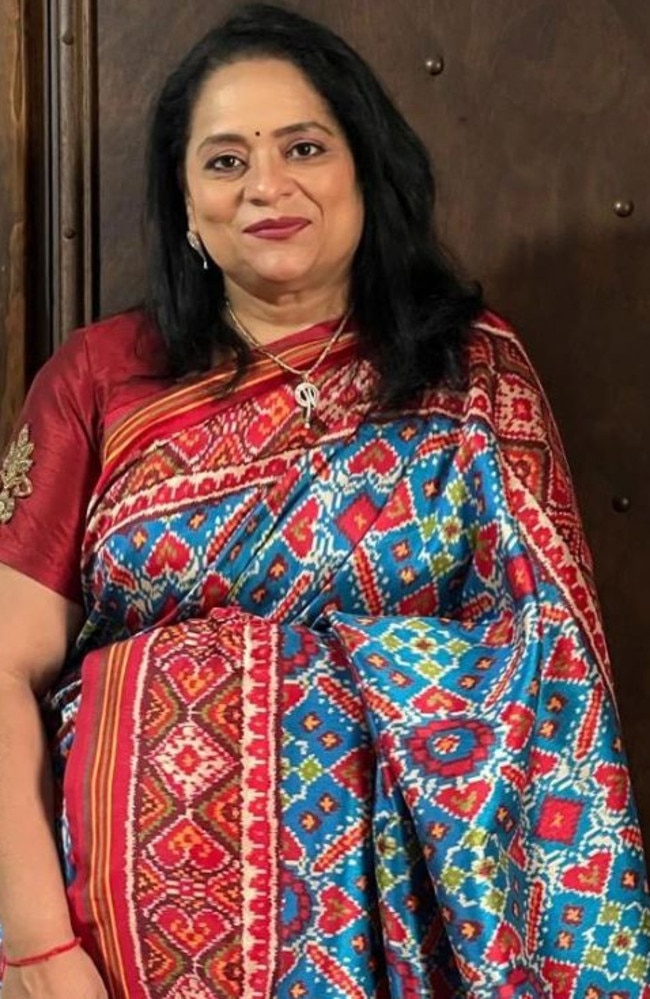
And for the founder of Indian Matrimonial Parul Mehta, matchmaking is more than just a business — it’s her calling.
“People choose a profession, but in my case the profession has chosen me,” she said.
The matchmaker — who splits her time between Melbourne and Sydney — said her journey began helping a family friend find a suitable husband for their daughter, whose existing relationship with a non-Indian man did not align with her parents’ wishes.
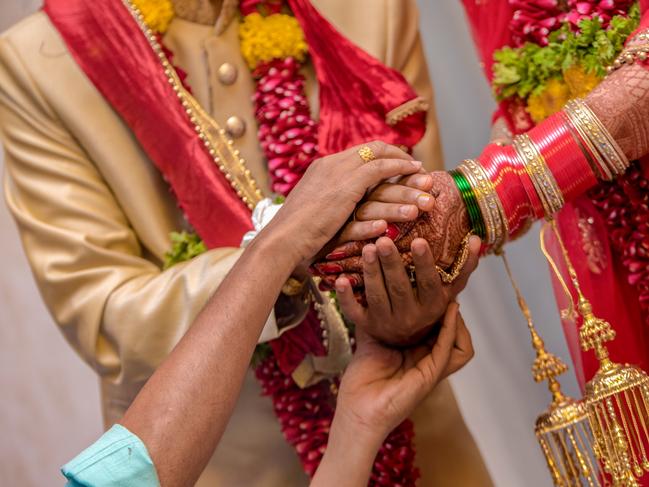
“I spoke to her first because my style is never to force anyone,” Ms Mehta said.
“She wanted a kind, well-educated, and stable partner, and I helped her find that.”
Matchmaking, as Ms Mehta described it, is about understanding her clients’ needs and weeding out those who aren’t serious about finding a life partner.
“There are two types of people in this world — explorers and the serious-minded,” she says. “Explorers are just trying out dating, but the serious ones know they want to get married before they come to me.”
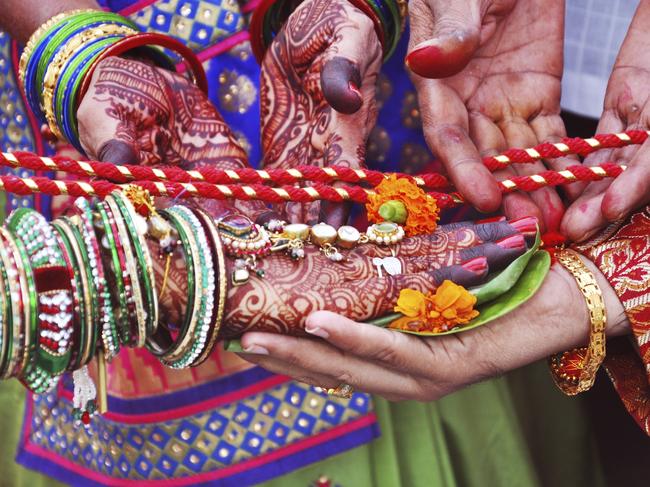
Finding the perfect match is no small task but Ms Mehta’s “strenuous” onboarding process does the trick to make sure there’s compatibility and commitment.
Clients are asked detailed questions, including how long they’ve lived in Australia and their intentions for marriage.
“I often hear stories about people marrying for visa security and that scares me a bit,” she said.
The matchmaker said she would be cautious about accepting clients who weren’t permanent residents or citizens — her way of making sure they’re in for the right reasons.
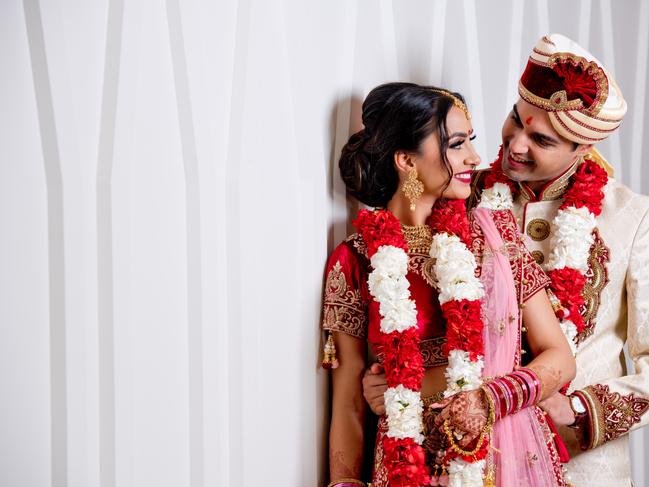
She also ensures clients aren’t under pressure from their families, saying “love must come first”.
“I recommend couples spend at least six months getting to know each other before making any decisions,” she said.
But it’s not uncommon for the prospective bride and groom to weigh their options before making the big decision, with many matched with more than one person at one time.
“I’m as modern as they come. The parents are nowhere in the scene, especially not at the first meeting,” she said.
“My system does not allow parents to talk to each other. The parents can see the profile but they don't have the contact details.”
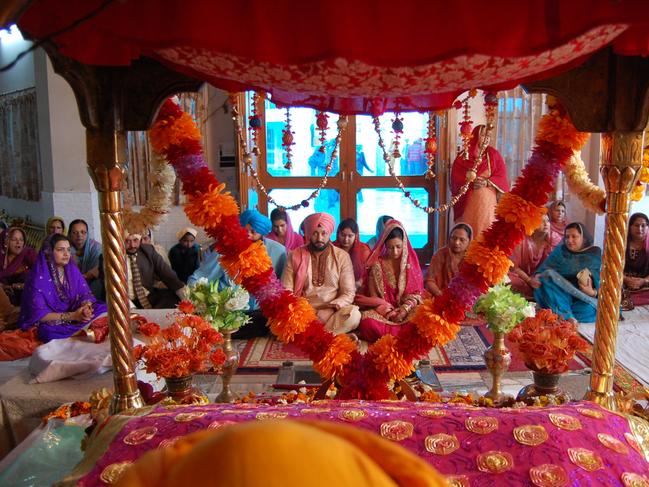
While the rise of dating apps hadn’t diminished the allure of matchmaking, Ms Mehta said she believed modern dating culture had changed people’s expectations.
“People now come with a shopping list for a partner,” she said.
Asking for a partner who eats sushi, rigoursly works out and wants to travel the world are some demands Ms Mehta’s been asked to fulfil.
But even though “it’s good to know what you want” Ms Mehta said it was important to also balance non-negotiables with realistic expectations.
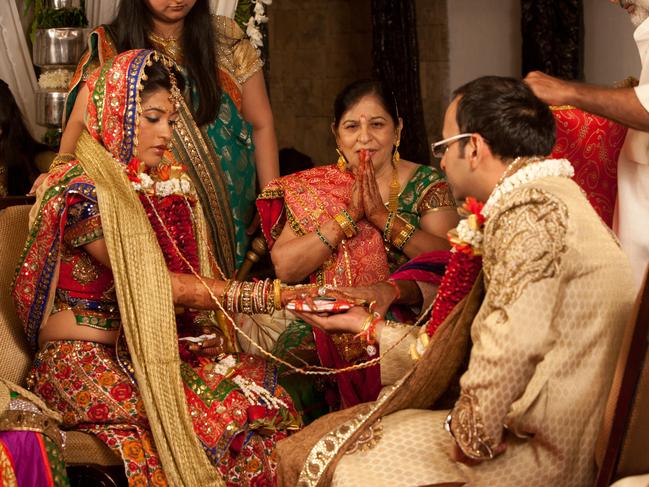
From her 1000 clientele pool, Ms Mehta has people of all age groups wanting to find their life partner with the youngest in their 20s and the oldest in their 60s.
“Older people are very clear cut — all they need is a companion,” she said.
She even has non-Indian clients wanting an Indian bride or groom.
“Some have had Indian partners in the past and are familiar with the culture,” she said.
“But there are others who say things like, ‘I love Indians, butter chicken, and Bollywood songs’ and I have to tell them, well, that’s not enough to build a marriage on.”
Ms Mehta said nothing made her happier than when she successfully matched a couple.
“It’s so satisfying and very soul pleasing. I ask the tell universe to give me the energy always to continue doing it,” she said.
Though Ms Mehta is yet to match a same-sex couple, she said she would be “more than happy to”.
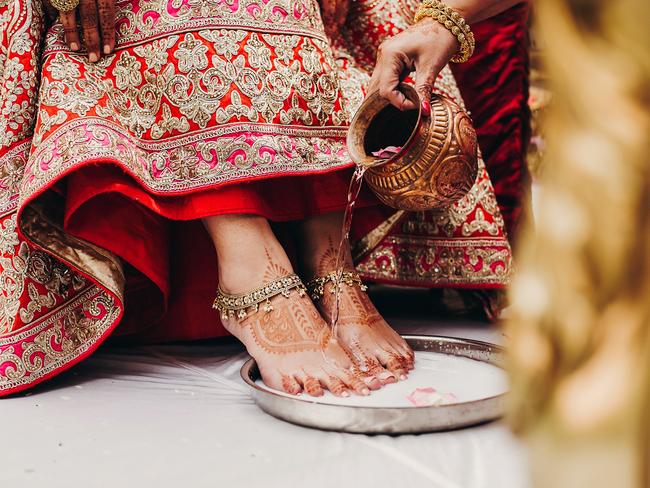
And despite the pairings being a minority in the Indian matchmaking scene, Indian Wedding Decorators planner Priti Mehta said she had been planning unions for same-sex couples for many years.
“It’s not as often that we see it but when the opportunity arises we love to do it,” she said.
Over her 14 years in the wedding industry, Priti has watched the landscape shift in remarkable ways.
The past year alone has seen her plan more than 150 weddings, with an increasing number of intercultural unions making up a growing portion of her clientele.
Priti said her clientele reflected a 50-50 split between Indian couples and mixed couples, proving love came in all shapes, sizes, and cultures.
This shift in relationship dynamics between mixed-race couple is mirrored by recent data from Tinder which found 69 per cent of young adults in Australia were open to dating people from different races and cultures.
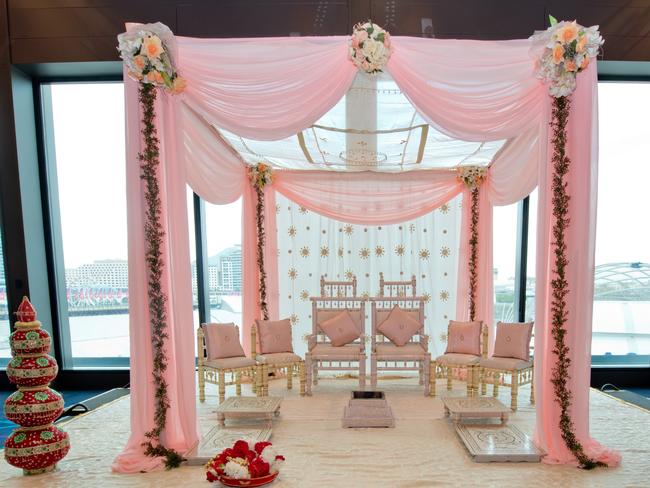
A Tinder spokeswoman said the stats “aligned with the broader trend of young Aussies embracing diversity in relationships”.
“It offers valuable insight into the evolving dating landscape,” she said.
“Almost 80 per cent of surveyed Tinder members say they have been on a date with someone of a different ethnicity.”
Priti said even the average spend on a wedding had gone up remarkably.
While she has organised Indian weddings with budgets ranging from $50,000 to $150,000, some couples are pushing the envelope, with one wedding reaching a whopping $400,000.
The hefty price tags are often tied to the number of events leading up to the big day.
“We range from two to three weddings events, usually including a combined Haldi-Mehndi ceremony, the wedding and the reception, or sometimes we do five or six events,” she said.
While weddings in Australia have become increasingly elaborate, Priti said one notable difference in the planning process compared to India was access to resources.
“There is a lot more variety and accessibility to things in India,” she said.
“It’s getting a lot better now, over the last five years a lot of outlets have opened, selling decor products for the public.
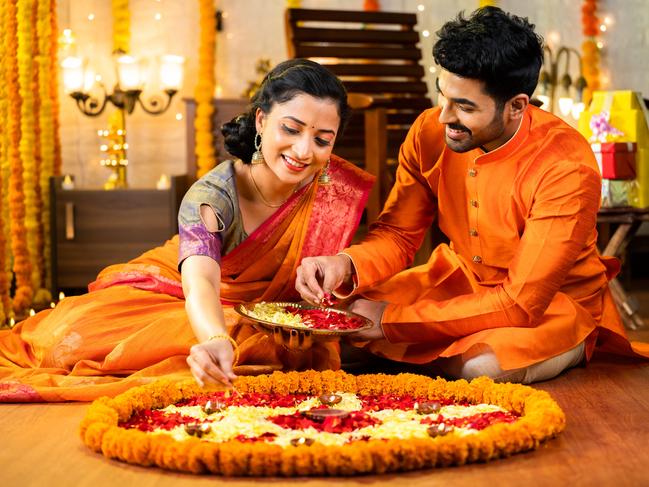
Fresh flowers, including jasmine and marigolds, are still a bit trickier to come by in Australia and needs advance planning, Priti said.
For Mr Gupta, who found love through matchmaking, it was the “personal connection” that helped create the spark.
“I always tell my friends that if you’re serious about marriage, go to a matchmaker. If you’re not serious, then dating sites and apps will do,” he said.
“Now, almost two years into my marriage, I can confidently say that matchmaking is the way to go.”

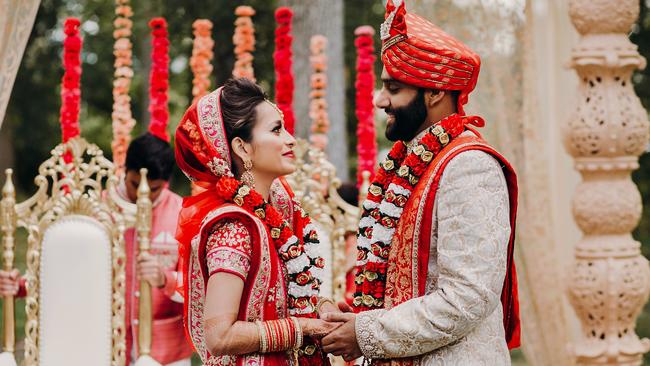
‘Cut throat’ teen blames mate in alleged cricket bat, hit-run attack
A Kangaroo Flat teen has blamed his friend for the alleged cricket bat bashing and hit-run that left a Bendigo man “dying in the street” after he told them to stop doing burnouts.
Why local footy moves is the real Victoria’s secret
The deadline for local footy clubs to apply to change leagues has passed and yet many remain in the dark about who wants to go where. We explain why in this week’s edition of Quick Kicks.